PEDIATRIC AUDIOLOGICAL EVALUATION
We will perform audiological evaluations whenever there is a suspicion of possible hearing difficulties in the child, either from the family, the school environment, the ENT doctor, or pediatrician, or if the child communicates it to us. Nowadays, universal hearing screening programs at birth already detect hearing loss, and the ear, nose, and throat (ENT) service is responsible for diagnosis and prescription of the most appropriate treatment. On the other hand, we may encounter hearing losses that appear later in time; in these cases, it is always important to seek a visit to the ENT specialist for any doubts.
For more information on early detection programs
Commission for Early Detection of Childhood Deafness – CODEPEH | fiapas.es
The audiological evaluation will be tailored to each child’s age and needs. The tests we will perform include:

Anamnesis:
We will conduct an interview to get to know each other, understand where we stand, and jointly determine our path forward. It is important that you can provide us with all relevant reports regarding your child’s health for us to consider. We want this to be a space where you can get to know us, and we can get to know your family, and where we can also address any doubts, questions, or concerns you may have.

Otoscopy/Video Otoscopy:
We examine your child’s ears to ensure there are no obstructions or abnormalities (such as earwax blockage) that could hinder or interfere with the hearing examination.

Acoustic Impedance Tests
- Tympanometry: This painless test allows us to assess the condition of the middle ear. We have specialized equipment that enables us to perform this test based on the age, using a 1000 Hz tone for ages 0 to 6 months and a 220 Hz tone for ages 7 months and older.
- Stapedial Reflex: For prosthetic adaptation purposes, checking stapedial reflexes in children is essential to determine the possibility of “recruitment” (hyperreactivity to loud sounds), which can also occur in children on certain occasions.

Objective Audiological Study:
At this point, both the information provided by parents and the tests conducted by the hospital center are of great help in determining your child’s hearing threshold, in addition to the subjective tests we will perform. It is important that, if you have these reports, you can provide them to us to complement the audiological study. If not, we will conduct them at our center if necessary.

Audiometry:
Audiometry is the test that allows us to determine a hearing threshold. We adapt the test to the child’s age and needs.
For ages 0 to 4 months – Behavioral Observation Audiometry: We study the baby’s reflex responses, such as increased sucking when exposed to a sound stimulus or voice. Each baby has a different way of responding. This test gives us an idea of auditory response levels. We use different modulated tones, narrowband sounds, calibrated sound instruments, perception tests, and speech detection thresholds.
For ages 5 to 24 months – Conditioned Play Audiometry or Visual Reinforcement Audiometry: At this stage, we can obtain auditory thresholds that become more accurate as the child grows. We can also conduct speech perception and detection tests.
For ages 25 to 36/48 months – Game-based Audiometry: At these ages, we can determine auditory thresholds through play and delve deeper into speech comprehension capabilities. We can quantify these using standardized tests or tests adapted to the child’s vocabulary.
From 4/5 years old onwards – Conventional Audiometry: Depending on the child’s cooperation, we can perform pure-tone and speech audiometry or logoaudiometry in both quiet and noisy environments to assess auditory discrimination capacity. We can also assess the discomfort threshold to sounds, i.e., whether certain sounds are bothersome, which is taken into account in the audiological evaluation.

Additional Information:
In addition to medical reports and studies, it is valuable and important to have a speech therapy assessment of your child’s auditory and language development stage to monitor their progress with prosthetic adaptation.
We will work together with all professionals involved to provide the best care for your child.
AUTHORIZED CENTER FOR ORTHOPROSTHETIC DISTRIBUTION OF HEARING AIDS AND ASSISTANCE MANAGEMENT
Currently, there are subsidies for hearing aids up to 26 years of age. We will advise you and manage it as an authorized center by CatSalut.
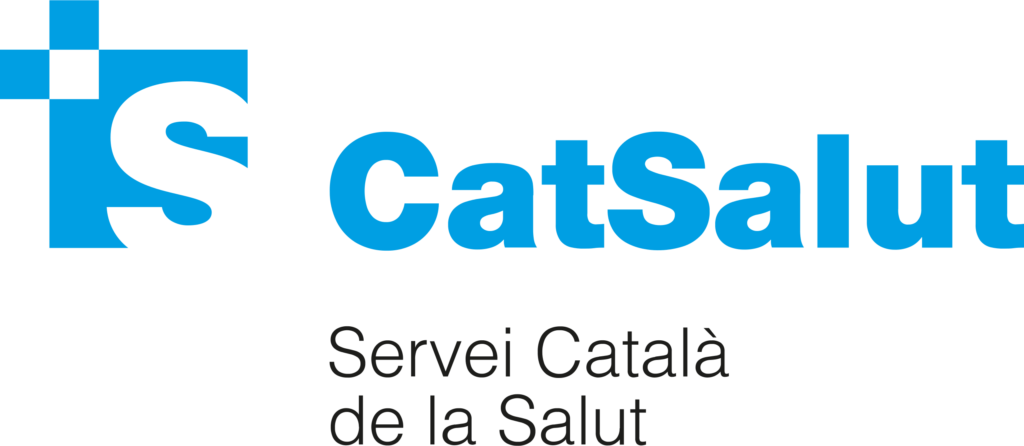
Get in touch with us. We'll be happy to assist you
If you wish to make an inquiry or need more information about any aspect of our company or our products, please contact us through the Customer Relations Center by providing your details in the following form.



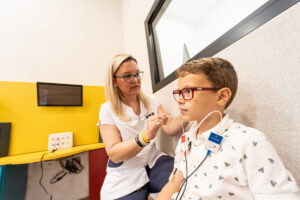
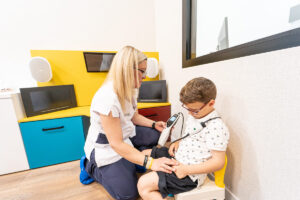
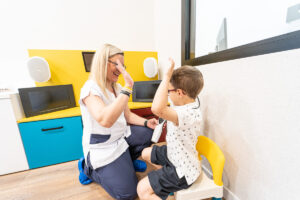
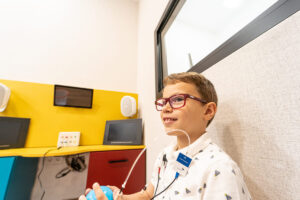
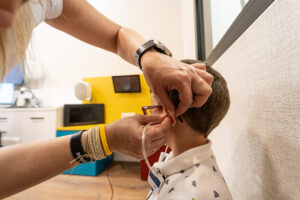
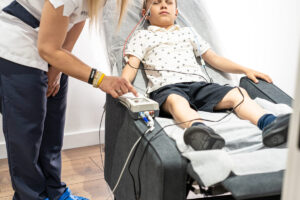
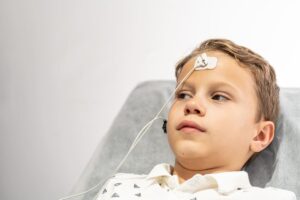
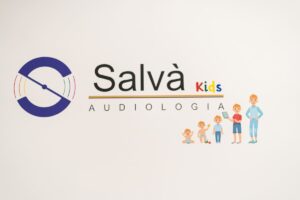
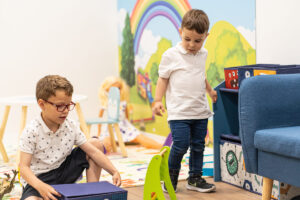
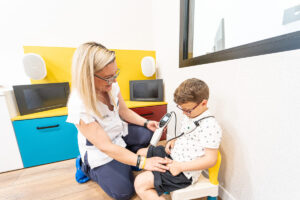
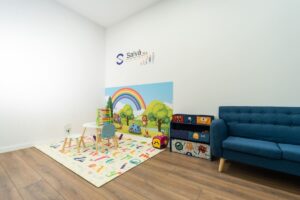
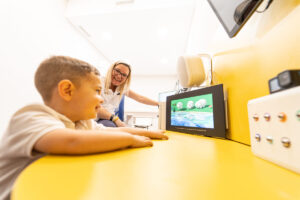

 Català
Català Español
Español